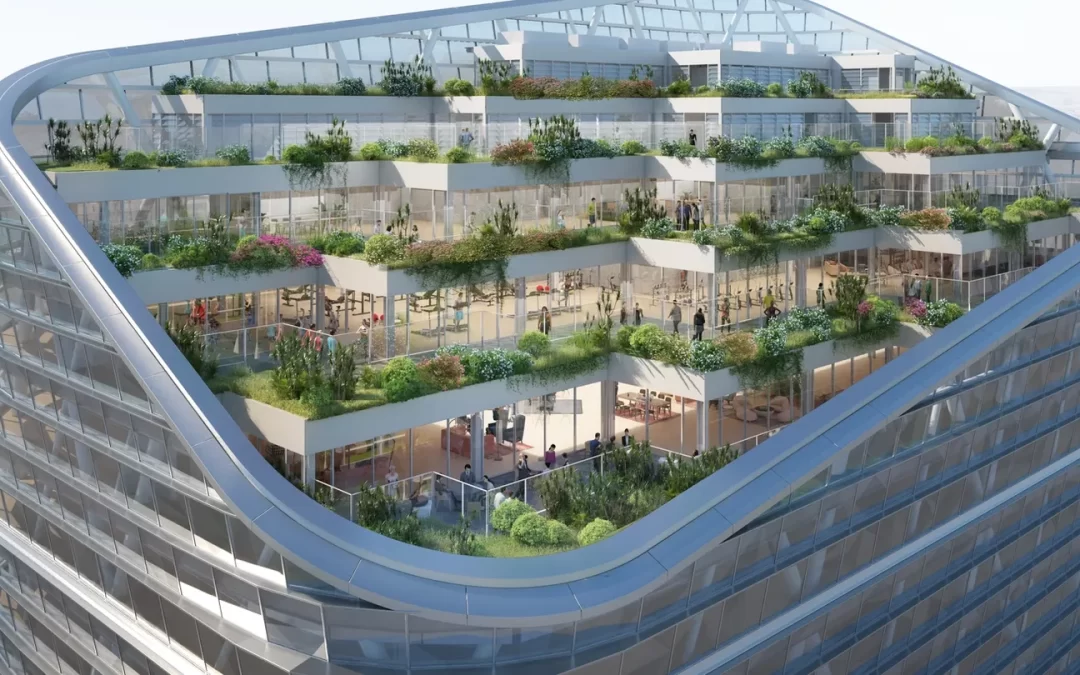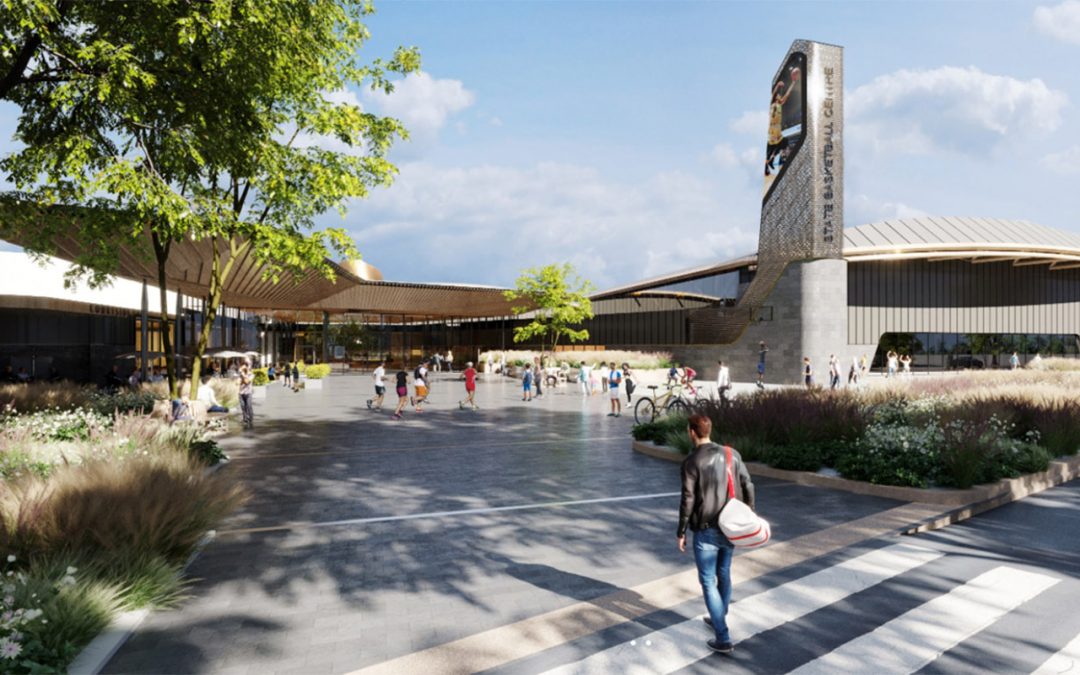3D Design Coordination
3D design coordination is a Digital Engineering construction management process used to assist the project principal or lead contractor throughout the design and construction phases to coordinate design input from consultants and contractors to ensure the compatibility of all designs.
Design coordination is critical to undertake from project outset to identify design incompatibility and spatial design clashes, and remedy them before site works or offsite prefabrication commences.
3D design coordination requires all consultants and contractors to prepare design models in 3D and submit them on a regular (typically weekly) basis for assessment.
McGregor uses specialist BIM software to perform automated 3D collision detection to identify potential design clashes, along with performing a visual analysis to check overall design compatibility.
Management of issues between consultants and contractors is a critical element of the design coordination process and requires experienced construction managers to effectively implement the changes that have been identified through the clash detection process.
The key benefits of design coordination and clash detection include to:
- Reduce or eliminate on-site clashes
- Reduce aborted work and on-site fabrication changes
- Reduce construction waste
- Reduce field generated requests for information
- Increase spatial reliability
- Increase level of offsite prefabrication and modularization
- Reduce the time and cost of projects
- Improve construction outcomes.
McGregor’s team of experienced builders and engineers have a demonstrated track record of successful design coordination using cutting edge BIM/Digital Engineering applications on many recent Australian projects










